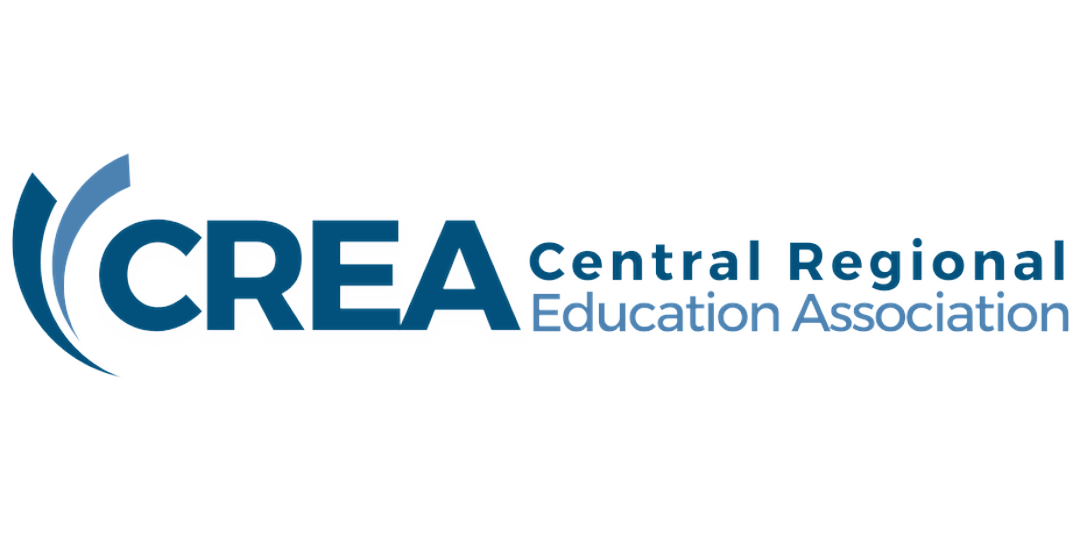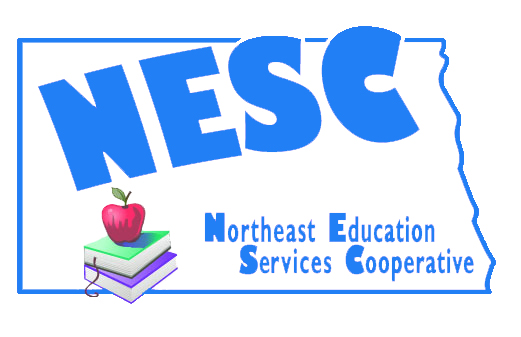Learn about what makes up Effective Math Instruction, resources, Professional Development opportunities, and who to contact for more information below:
Effective math instruction centers around developing math proficiency in all learners. Math proficiency is a blending of the following:
- Concepts (Understanding concepts, operations, and relations)
- Procedures (Using procedures flexibly, accurately, and efficiently)
- Strategies (Formulating, representing, and solving problems)
- Reasoning (Reflecting, explaining, and justifying)
- Disposition (Seeing math as sensible, useful, and worthwhile)
To help students achieve math proficiency, effective math instruction does the following:
- Uses a focused, coherent progression of math learning with emphasis on proficiency of key topics
- Develops conceptual understanding, procedural fluency, and problem-solving skills at the same time
- Uses multiple approaches to meet the needs of students
- Uses explicit, systematic instruction, sometimes simply referred to as explicit instruction, involves teaching a specific concept or procedure in a highly structured and carefully sequenced manner. Research has indicated that teaching mathematics in this manner is highly effective and can significantly improve a student's ability to perform mathematical operations (e.g., adding, multiplying, finding the square root) as well as to solve word problems. This strategy has been shown to be effective across all grade levels and for diverse groups of students, including students with disabilities and ELLs.
- Uses formative assessment on a regular basis to assess student learning
- Uses clear and concise math language
- Uses number lines for learning concepts and procedures
- Uses time activities as one way to build math fluency
Professional Learning Opportunities
Features of Effective Math Instruction, Explicit, Systematic Workshops | 2024-2025
Register Here!
- 2 Day Workshop
-
- Williston: Sept 23-24
- Bottineau: Oct 2-3
- Washburn: Oct 3-4
- Devils Lake: Oct 28-29
- Fargo: Nov 14-15
- Dickinson: Nov 18-19
- Grand Forks: TBD
Features of Effective Math Instruction, Retention Workshops | 2024-2025
Register Here!
Grades K-5 (1 day), Grade 6-12 (1 day)
-
- Williston: Sept 25 (K-5) & Sept 26 (6-12)
- Fargo: Sept 23 (K-5) & Sept 24 (6-12)
- Dickinson: Oct 9 (K-5) & Oct 10 (6-12)
- Jamestown: Oct 21 (K-5) & Oct 22 (6-12)
- Bottineau: Oct 29 (K-5) & Oct 30 (6-12)
- Devils Lake: Dec 2 (K-5) & Dec 3 (6-12)
- Grand Forks: Oct 22 (K-5) & Oct 23 (6-12)
- Bismarck: TBD
- Minot: TBD
Driving Math Success Online Workshop Series
Register Here!
Online: Sychronous 9:00AM-4:00PM (30 minute lunch break)
- Mathmatics: Designing Effective Tier 2 Interventions: Sept 9, Nov 12
- Mathmatics: Homework & Grading Practices: Sept 10, Nov 13
- Mathematics: Data-Driven Instruction- Analyzing Student Work: Sept 11, Nov 14
- Mathematics: Formative Assessment and Student Goal-Setting: September 12
NDREA Math Grant
ND Effective Math Instruction Training Implementation Team
The following ideas were collaboratively identified through ongoing work with ND schools through instructional coaching, TSI/CSI support, and NDMTSS training and coaching, and are being proposed by the NDREAs. The team was tasked with prioritizing and planning for implementation of high-quality math instruction with opportunities for all REAs to have input into level of engagement/leadership of proposed activities for statewide math professional development and support of the Science of Math.

The proposed 2023-2024 ND Effective Math Instruction Training scope of work is designed to increase North Dakota students' math profiency by:
- Building explicit content knowledge and understanding around the Science of Math within a Multi-Tiered Support System.
- Implementing evidence-based math instruction that is explicit, systematic, diagnostic, and cumulative.
- Using a focused, coherent progression of math learning with emphasis on profiency with ND math standards.
- Developing conceptual understanding, procedural fluency, and problem-solving skills in tandem.
- Participating in consistent formative assessment to assess current and next steps in learning.
- Focusing on proficiency with whole numbers, integers, fractions, geometry, and measurement; these are critical for algebra readiness.
And supported by:
- Building infrastructure and growing capacity to support classroom implementation with instructional coaches, performance strategists, leaders, and REA professional learning specialists and coaches.
Teachers, project staff, additional REA staff, and school leaders (e.g., principals, instructional coaches, content lead teachers) will engage in a study of highly effective instructional strategies aligned with the role of a math teacher through the following activities:
REA Contacts
WERC | Kaye Andersen
SEEC | Ryan Lyson
NESC | Jess Edwards
RESP | Judy Bender
NCEC | Katie Saykally
CREA | Lyndsi Engstrom
RRVEC | Janet O'Hara







